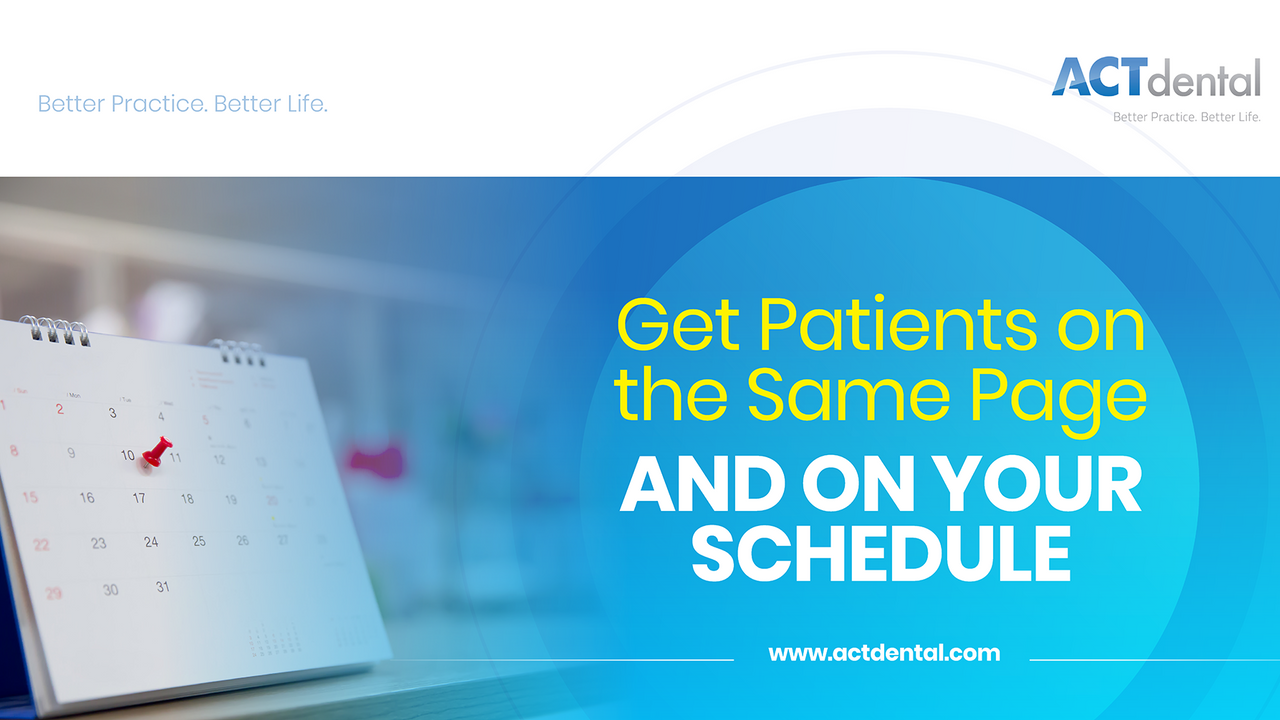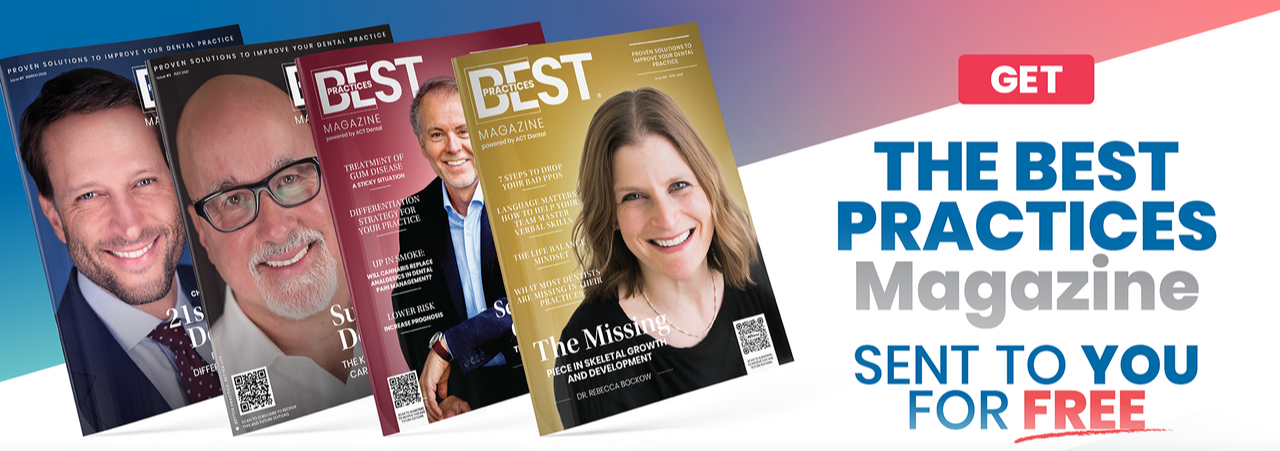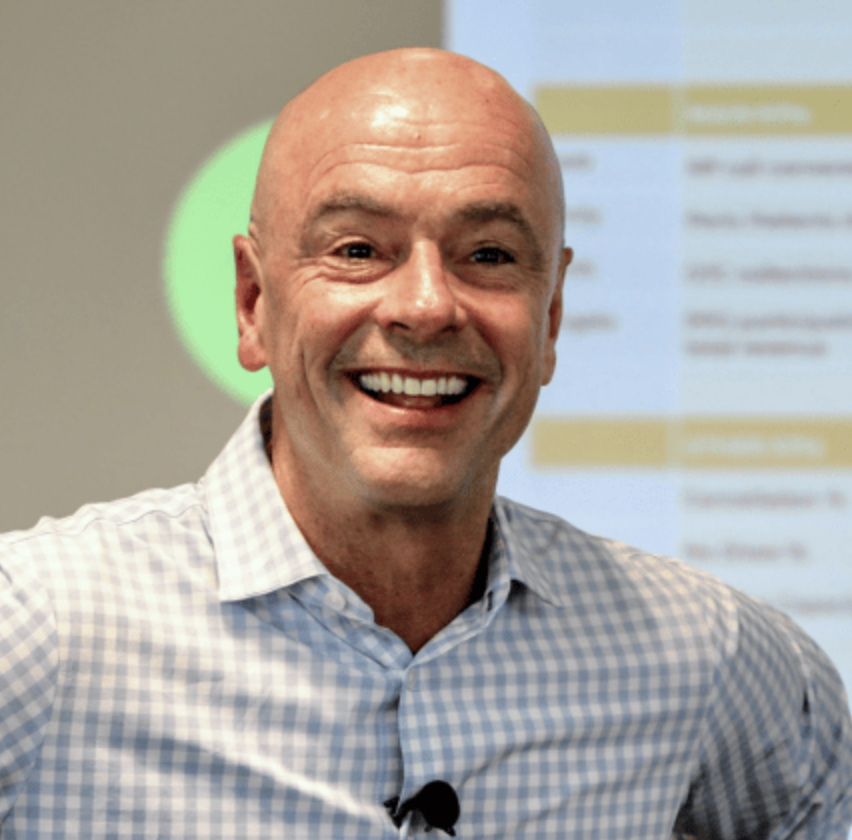Here at ACT, we often talk about the patient handoff as one of the most important things your team can do to provide fantastic customer service and increase case acceptance. But what exactly is a patient handoff, and why is it so important? In its most basic form, the patient hand-off is quite literally “handing” the patient from one team member to the next. In reality, it is so much more than that; an effective patient handoff is not only physically transferring a patient. It also involves the transferring of essential information from one team member to the next. When executed efficiently, there should be a seamless transition of critical details that builds value and trust, guiding patients towards the treatment they need.
From the moment that a patient enters your reception area until they leave the office, a team member should guide and help transition them from one place to the next. When beginning coaching with teams, we often hear them tell us that “they absolutely have a patient handoff.” Yet, this handoff involves nothing more than walking a patient from reception to the operatory and from the operatory to the front desk. This is NOT a successful patient handoff.
A solid patient handoff is both physical and verbal. Not only are patients never left alone to find their way to the next stop on their patient journey, but they are also never left wondering what's coming next. In a successful handoff, team members escort patients to the next person on the team and then verbally hand them over for the next phase of the appointment. This handoff should start with an introduction to the new team member. Then verbalize what has just occurred, what needs to happen next, and what special considerations or concerns the patient has. Ensure that the patient heard everything by asking, "did I miss anything?" Instill confidence in the patient that they are making the right decision, and in this practice, don’t forget to smile!
Let’s take a look at three ways the ideal patient handoff will benefit your practice.
#1: Handoffs provide a sense of safety for the patient.
When executed well, a handoff reduces uncertainty for the patient. When we take the time to ensure the patient hears and understands what has taken place and what the next steps are, they feel more confident in their care and decision-making. When patients feel taken care of, their level of trust increases, and the likelihood of accepting treatment skyrockets.
#2: Handoffs result in top-notch customer service.
Ultimately, the well-executed patient handoff expresses a high level of customer service. When a team is intentional about each transition, the patient feels like they are the most important person in the office. They feel that this is the right practice for them. Once again, this results in increased treatment acceptance.
#3: Efficient handoffs help the dental team stay organized.
When there is a verbal handoff between team members, with a summary of what happened and what needs to happen next, there is little room for doubt. This reduces uncertainty for the dental team and results in a well-run office.
An excellent patient handoff at every step in the dental experience is one of the most important and easiest things you can do to increase case acceptance and keep your schedule full. Most office problems come back to unmet expectations, and holes in our schedule result from confusion on the patient's part. Uncertainty about the treatment, or what comes next, or the investment portion, are all reasons for the patient to either not schedule or cancel their scheduled appointment. Your team should never be asking the patient what they need to schedule next, but confidently and intentionally guiding them to the next phase of treatment. With thoughtful communication and active listening, you will lead and prepare your patient every step of the way, increasing the level of trust they have in your team, your office, and your treatment. Execute an effective handoff, and keep that schedule full.
Categories
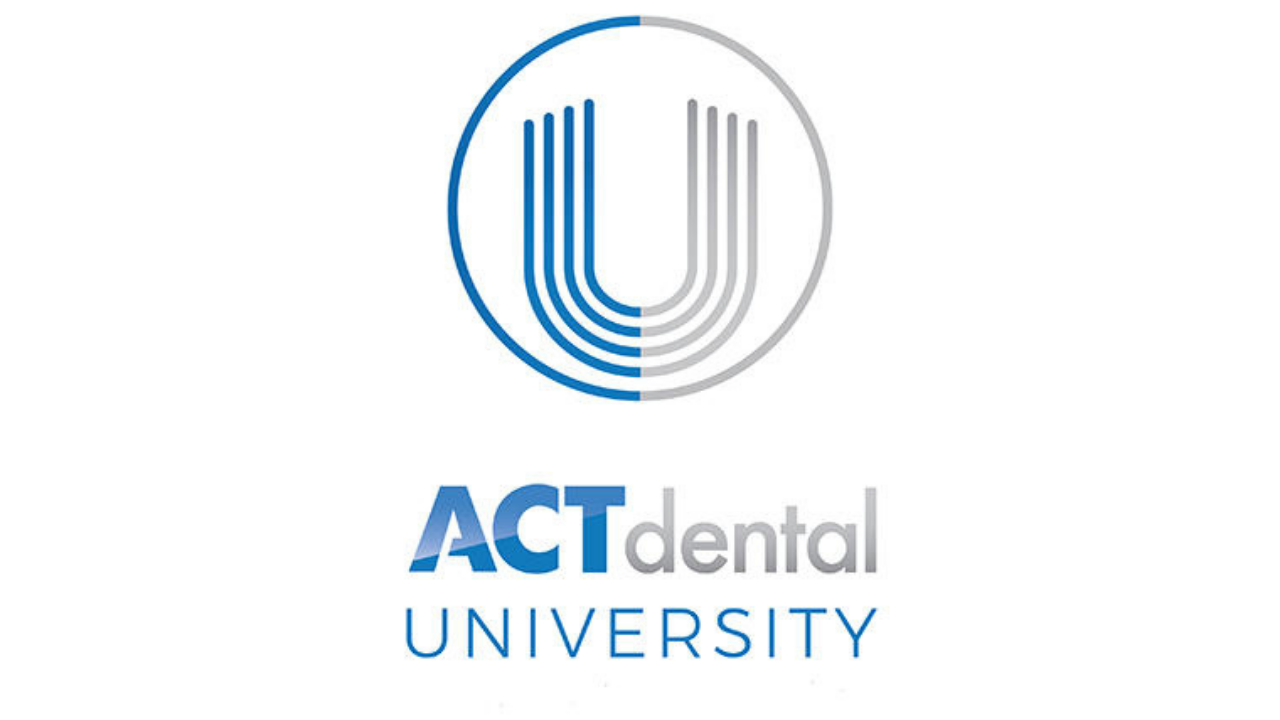
Get access to the best dental educators on the planet to bring you "best practices" and help you become the dentist you were called to be. Watch what you want, when you want it. It's 24/7 on-demand access. Friday's we host "Master Classes" with the very best dental speakers you will ever see.
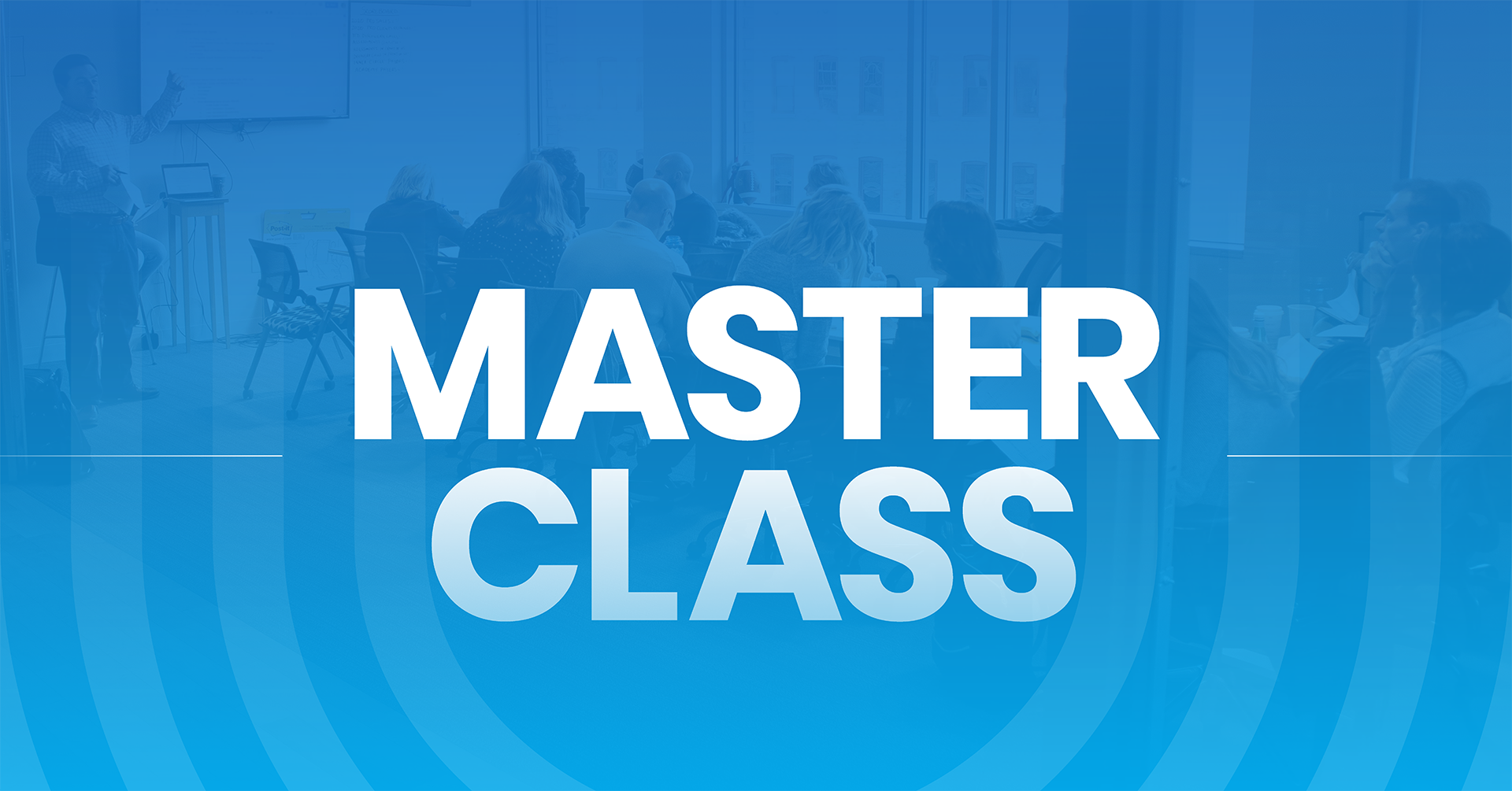
Reserve your spot at the next ACT Dental Master Class
Learn From One of the Best Educators During Our BEST PRACTICES MASTER CLASS Experience.
Kirk Behrendt
Kirk Behrendt is a renowned consultant and speaker in the dental industry, known for his expertise in helping dentists create better practices and better lives. With over 30 years of experience in the field, Kirk has dedicated his professional life to optimizing the best systems and practices in dentistry. Kirk has been a featured speaker at every major dental meeting in the United States. His company, ACT Dental, has consistently been ranked as one of the top dental consultants in Dentistry Today's annual rankings for the past 10 years. In addition, ACT Dental was named one of the fastest-growing companies in the United States by Inc Magazine, appearing on their Inc 5000 list. Kirk's motivational skills are widely recognized in the dental industry. Dr. Peter Dawson of The Dawson Academy has referred to Kirk as "THE best motivator I have ever heard." Kirk has also assembled a trusted team of advisor experts who work with dentists to customize individual solutions that meet their unique needs. When he's not motivating dentists and their teams, Kirk enjoys coaching his children's sports teams and spending time with his amazing wife, Sarah, and their four children, Kinzie, Lily, Zoe, and Bo.
RECENT POSTS
876: The Kois-Coachman Digital Dentistry Event & The IntraOral Scanner Festival – Dr. Christian Coachman
April 18, 2025
Rest Isn't A Reward, It's A Requirement!
April 14, 2025
Data Snapshot: # of Office Days Open
April 11, 2025
Weather Any Storm: The Power of Focus
April 07, 2025
871: Metric Mondays: Gross Profit Percentage: The Health Indicator of Your Practice – Dr. Barrett Straub
April 07, 2025
Embrace Conflict to Unlock Trust
April 04, 2025
